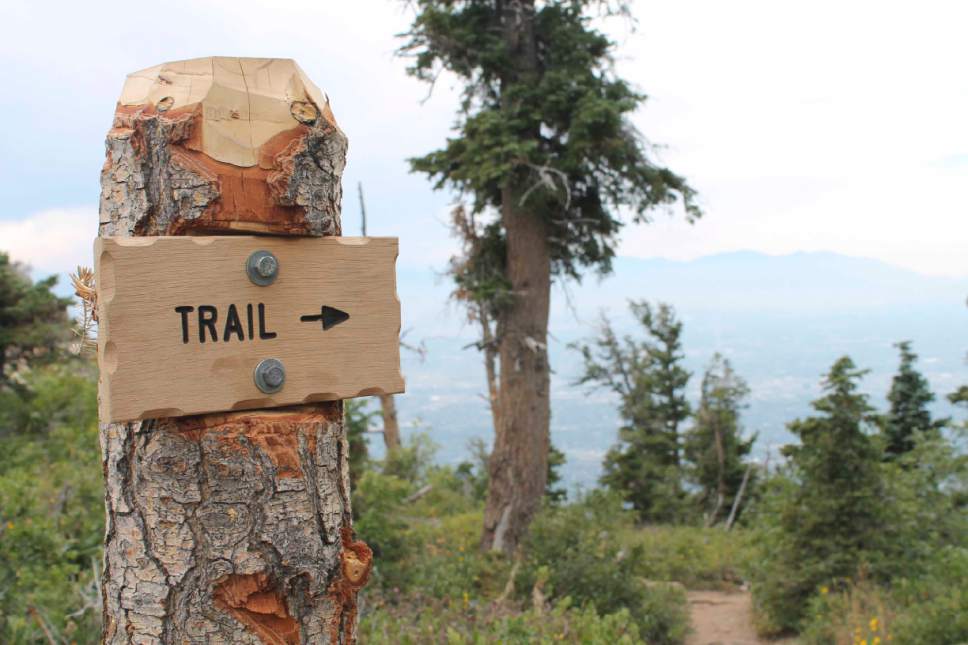This is an archived article that was published on sltrib.com in 2016, and information in the article may be outdated. It is provided only for personal research purposes and may not be reprinted.
A recent email from a reader (and fellow Mormon) accused me of leading "church members" astray and deliberately attempting "to undermine the God's kingdom here on Earth."
She said my "childish antics" caused doubt in the minds of "vulnerable members" and "encouraged them to make poor choices," a fact for which I will one day "scream for mercy from Heavenly Father."
Guilty as charged. But then being a rude columnist is the least of my worries when it comes to meeting my Maker. I've done stuff.
I've also long maintained that I'm more than happy to get what I have coming just to see you get yours. After all, there's plenty to go around.
Who's really at fault when it comes to leading people astray? How much of the guilt lies with people doing the following and how much with the people doing the leading?
It's a fair question, given the notion of free will. It's also fair given how often clergy in all faiths seem to screw things up. Practically all of them have a few dark episodes when the followers should have been telling leaders where to get off.
Such episodes range in consequence from casual xenophobia all the way to deliberate bloodshed. When things like that happen, how is the blame shared among those who commit it and those who instigated or inspired it?
I only ask because it's sometimes very difficult to tell who's doing what. If your creator gave you a brain and a heart, shouldn't you use them to figure out the best course of action for yourself instead of always assuming the collective is right?
Note: Yes, I'm on scary doctrinal ground here in my own faith, but it's my nature to ask.
In the LDS world, it works like this. Do you choose to serve a mission because it's best for you, or are you merely following long-established social protocol to the detriment of what you really should be doing?
Do you remain celibate and alone for the rest of your life, or do you settle into a loving but ecclesiastically uncountenanced relationship? Give money to the church and stiff your creditors, or fulfill your obligations? Ostracize those who think differently, or find a way of getting along with them?
The list is not only endless, but also replete with examples of people, whether leading or being led, who should have chosen more wisely. Not doing so invariably leaves us with something we wish we didn't have to live down.
Some people opt out of these dilemmas by relying on what I call the "Mormonberg defense." My mother-in-law — a very good but relatively simple woman who has since passed — was famous for retreating into herd obedience when it came to thorny doctrinal debates.
"All I know is if I follow the brethren, it won't be my fault if I do something wrong."
The "Mormonberg defense" is coined from "the Nuremberg defense," which comes from the World War II war crime trials held in Nuremberg, Germany, where the accused tried to wiggle out of committing atrocities by saying they were only following orders.
In the end, we can't rely on what our best intentions were at the time. Rather, we have to rely on the results, and then learn from them when we realize that we got it wrong.
If we don't, I wouldn't worry. We can all scream together at the Judgment Bar.
Robert Kirby can be reached at rkirby@sltrib.com or facebook.com/stillnotpatbagley.



